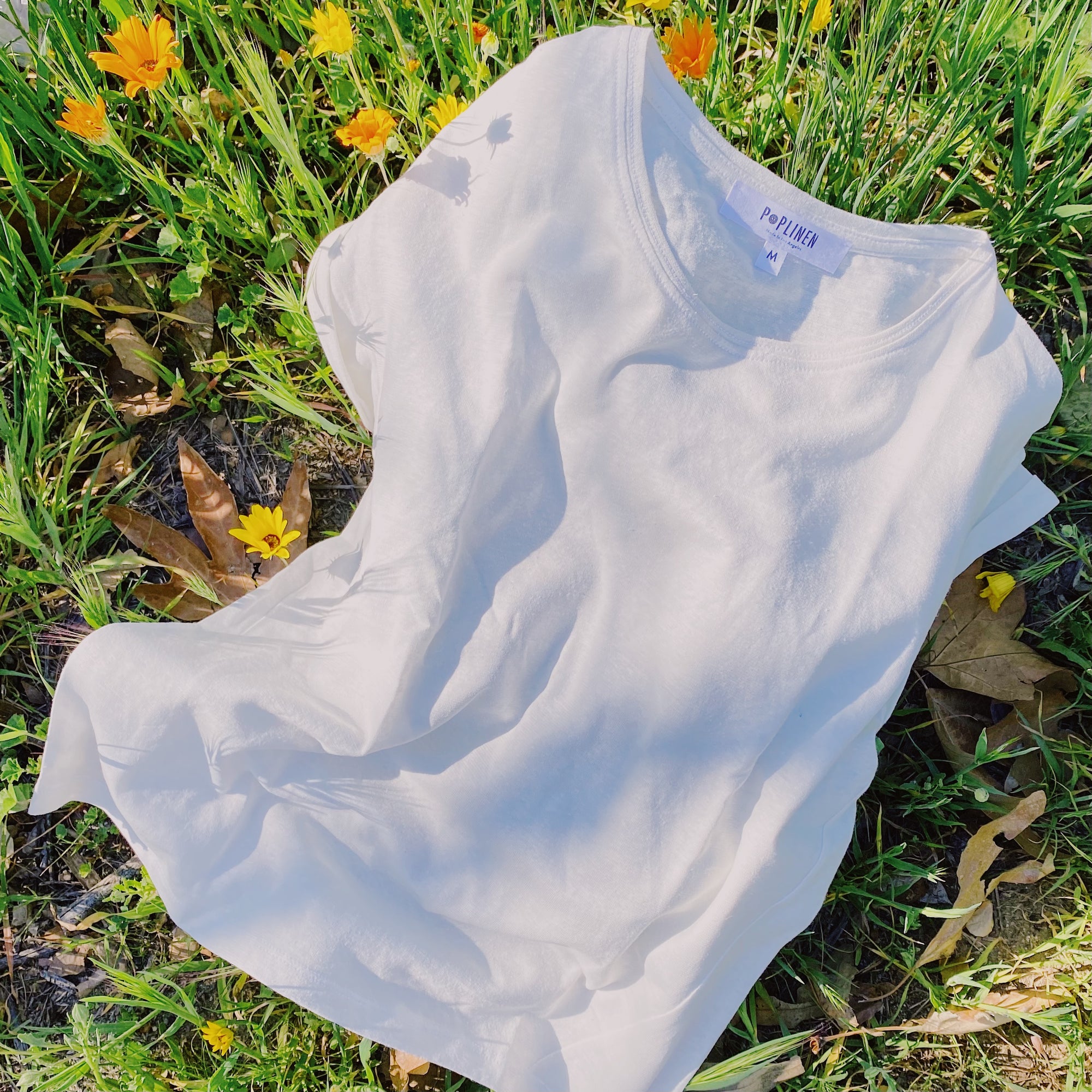"One (wo)man's trash is another (wo)man's treasure!" We've all heard this phrase, right? This is the exact philosophy of composting!
Composting takes organic material that would otherwise be thrown into the garbage, and allows it to break down with other items such as yard waste and cardboard boxes. This organic material forms a rich, fertile soil your plants will love!

Turning garbage into soil...how does it work?
The power of composting happens thanks to tiny little bugs called microorganisms, along with worms, and other decomposing organisms. In optimal conditions these organisms work to break down our waste into soil.
Conditions for compost
Your compost needs nitrogen, carbon, water, and air. Nitrogen, also known as greens, are things like veggie scraps and grass clippings. Carbon, also known as browns, are things like cardboard boxes, leaves, and sawdust. These both are components important to maintaining a balance.
Your compost also needs air and water, as all living things do!

How to compost at home
-
Grab a bin and place it in your kitchen to conveniently collect your kitchen scraps. Don't worry, the bin doesn't have to be fancy! An old Tupperware container will work perfectly.
-
From your kitchen add fruit and veggie scraps, coffee grounds with filters, tea bags, shredded paper, eggshells, and cardboard boxes.
-
From your yard add leaves, pine needles, grass clippings, and chopped twigs.
-
Once the bin is full, take it outside to your compost bin. This can be as simple as a storage container with holes in the bottom (that's how we got started!) or as intricate as an outdoor compost tumbler.
-
You'll want to occasionally mix the contents to make sure they're getting plenty of air. If your compost looks dry, use a spray bottle to keep everything moist. If your compost becomes smelly, check your carbon to nitrogen ratio. You'll want to maintain a balance to make sure there is no smell.
-
The amount of time it takes for your scraps to fully decompose varies. My first compost batch took about 8 months.

Does composting really help the environment?
Absolutely!
Believe it or not, your old packaging boxes and unwanted food scraps can actually help the environment. The FDA estimates that about 30-40% of our food supply is wasted. This translates to about $1,600 in food waste per family, every year. Composting is a great way to reduce your environmental impact and decrease the billions of tons of food waste in our landfills.
Ready to give composting a try at home today?
Beginning your composting journey is as simple as collecting food waste and other compostable items. Clean out your fridge of old moldy food, gather up the leaves from your lawn, break down those delivery boxes, and give them another life through composting!
Want to learn more about composting? Check out this simple guide to making composting understandable for kids! Learn more about my sustainable journey at Brains, Bibs, and Biz.



